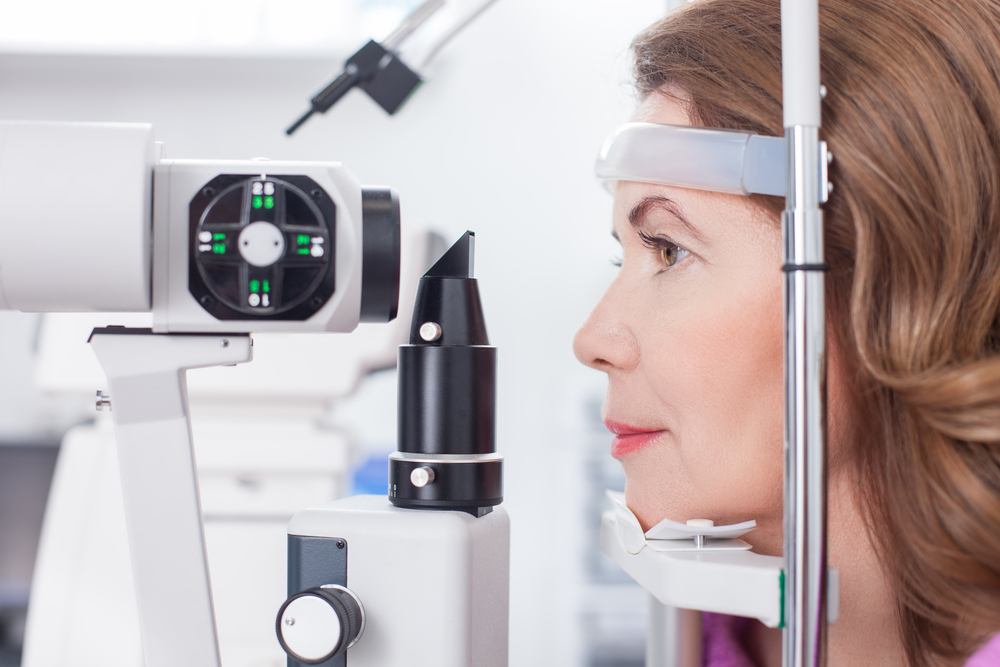
Macular holes occur in the central retina, the part of the eye with nerve cells that react to light. The gaps or full-thickness macular disorder usually affects one eye but can occur in both eyes. Patients with the condition have problems seeing, especially in their central vision. Surgery can help treat macular holes.
How Macular Holes Occur
The nerve cells in the macula—the middle part of the retina—are very close together. The eye contains a jelly-like substance (vitreous humor) that can change in consistency. Sometimes, it shrinks, pulling on the central macular and forming a macular hole.
The hole usually affects the central vision but can affect eyesight in various ways. It can affect the ability to perform activities such as reading and driving. Studies indicate that the condition affects about eight in every 100,000 people annually and is more common among women.
Types of Macular Holes
There are two types of macular holes: primary and secondary. Primary holes develop without eye trauma or injury and are not due to other medical conditions. Secondary macular holes occur due to or alongside other medical conditions, eye inflammations, or trauma.
Eye specialists often classify macular holes depending on their stage, from the least to the most severe. Newer systems classify macular holes based on imaging test results.
Symptoms of Macular Holes
An eye exam can determine the severity of macular holes. Symptoms of the condition include:
Blurry vision
Distorted vision, where straight lines appear wavy or curvy
Difficulty reading small print
Dark or blind spots in the central vision. It usually occurs in the later stages
The symptoms occur in the eye with the hole. Visit an eye care provider if you experience the symptoms.
Risk of Developing Macular Holes
Macular holes often occur with aging as a result of vitreous traction. Sometimes, the disorder may be due to a medical condition or eye injury. Being severely myopic can lead to a macular hole. An eye inflammation (uveitis) can increase the likelihood of developing a macular hole.
Previous eye surgery can also be a risk factor. Early detection can prevent complications, including loss of central vision. Macular holes are often associated with retinal detachment. The condition can lead to permanent vision loss.
Treatment for Macular Holes
Failing to treat the condition in the early stages can cause the hole to increase in size. A proper diagnosis will ensure the patient gets effective treatment. The most common treatment for a macular hole is a vitrectomy, a surgical procedure where the specialist removes the vitreous gel. The surgeon may also remove membranes or bits of tissue that apply pressure on the macula.
Routine Eye Exams
Regular eye exams may not prevent macular holes, but they help detect the condition early. Scheduling routine eye exams allows the eye care provider to conduct tests that detect macular holes and other eye conditions.
If the macular hole is small or in the early stages, the specialist may recommend watching and waiting. Some small macular holes close on their own. While there is no way to prevent macular holes, protecting your eyes and getting regular eye exams will help.
For more on the early detection of macular holes and the importance of routine eye exams, visit Gulf Coast Retina Center. Be seen today at our office in Venice or Sarasota, Florida. Call (941) 312-2769 to book an appointment today.








